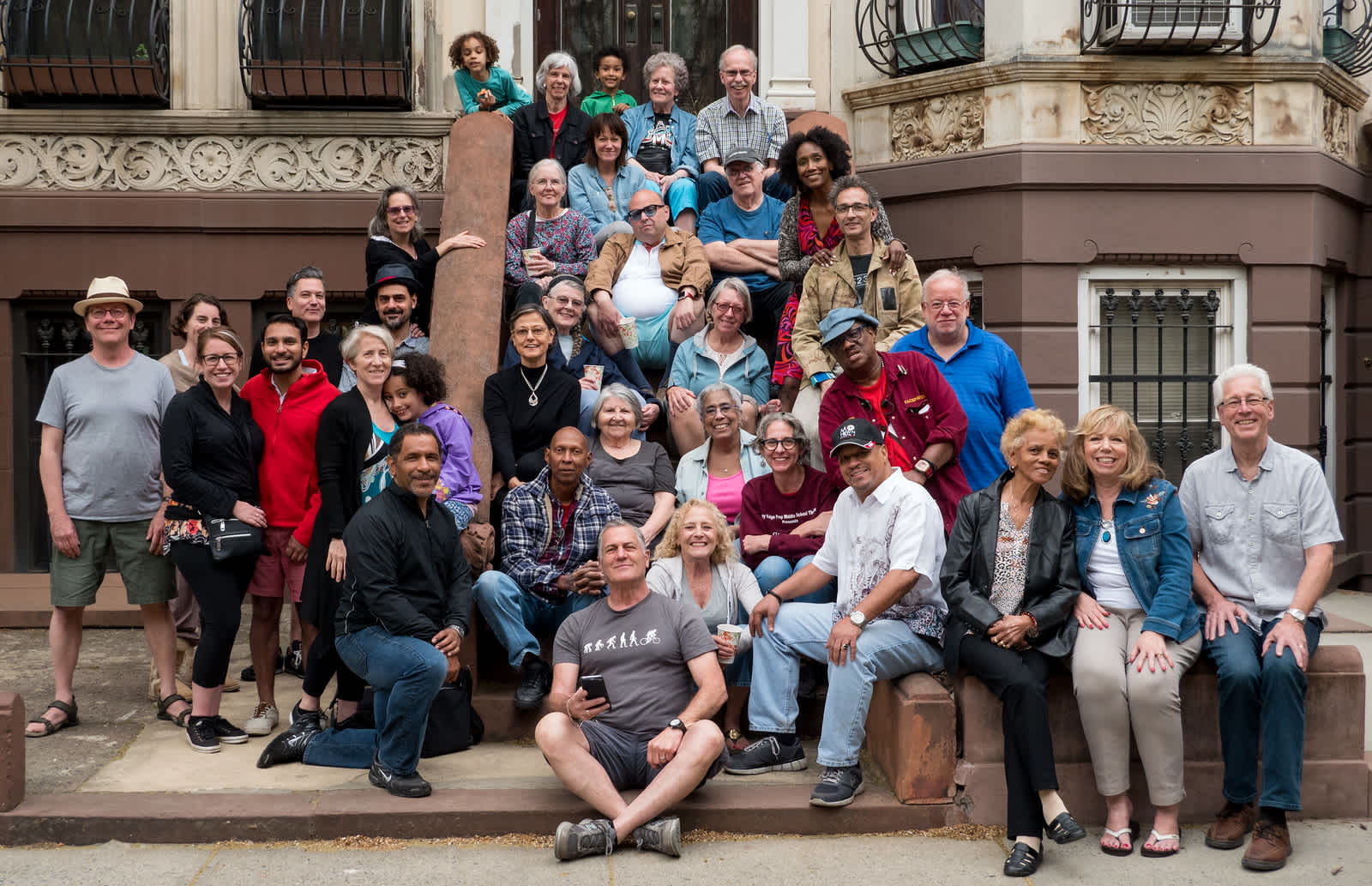
Neighbor Profiles
photo credit: Matthew Weinstein
Published April 09, 2024
⏱️12 min read
Neighbor Profiles – a series of interview-based stories about members of the PPUABA
By Patti Veconi
Matt Meyer, Park Place resident
April, 2024
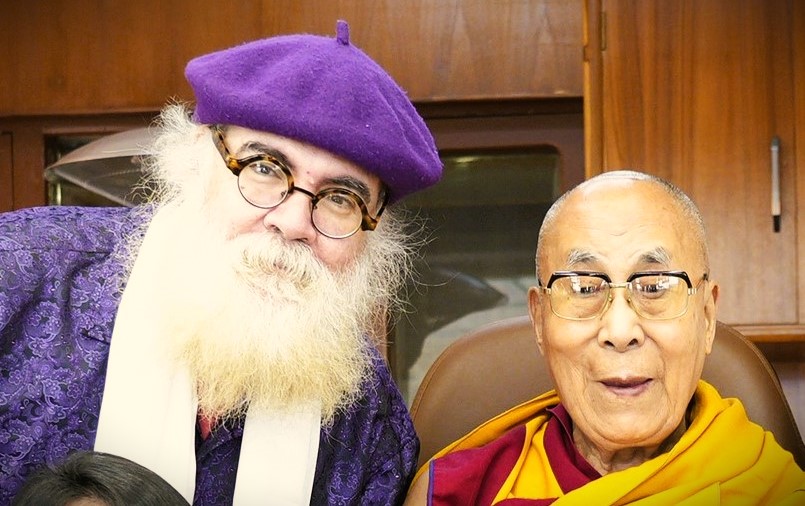
“Sometimes you have impossible dreams and you make them happen...”
While the publishing of these neighbor profiles has taken a hiatus during my term as block association president, I was delighted to have been asked to make an exception and put this one out now, because, how often does someone you know meet with His Holiness the Dalai Lama? (For me – never before.) We’re delighted that Matt will share his story of that visit with the block association membership at our general meeting this month and I’ll put a little teaser for it at the end. In the meantime, I hope this profile will give you some insight and background into Matt’s life work and leave you eager to hear more.
I may never before have had a conversation with someone who can toss off names of Nobel laureates in discussing their work while deftly finding opportunities to reference the subject back to Brooklyn (even this very block) and then back to the global stage. But Matt Meyer is “a full believer that our life is more than our work” – and certainly his introduction to our conversation indicated that family and community take precedence in his life. A third-generation Brooklyn-born native, Matt and his wife Meg have raised two young adults who he is proud to say also have that Brooklyn inter-cultural energy, vision, sarcasm, wit and panache. But Matt’s work is also his life, and as such, a reflection of his humanity, passion and beliefs.
After a lifetime of doing both political work for peace and human rights as well as working as an educator in the NYC Dept. of Education, becoming a teacher-trainer, then a professor of contemporary history focusing on African history and publishing several books, Matt did what we all aspire to do: he retired. It didn’t last long. He was quickly elected the Secretary General of the International Peace Research Association (IPRA), the world’s oldest and largest consortium of professors, researchers, students and community activists working together for peace. More than 60 years old, IPRA is an interdisciplinary organization which integrates sociologists, economists, historians, philosophers and even, occasionally, hard scientists with a council that is made up of four representatives each from the five major regions of the world: Africa, Asia Pacific, Europe, North America and South America. Notably, IPRA has also, from its inception, included gender parity representation. Matt is humble in saying that “Having a white boy from Brooklyn as the organization’s CEO is a rare thing and a great honor.” With one and a half years left to his term, he is excited about things now in progress as well as what is still ahead.
Matt’s early work as both an educator and activist have overlapped and become infused throughout his life with each area and discipline informing the other. This may have solidified in his days as the multi-cultural coordinator for the NYC Alternative High Schools & Program where his interests in both activism and education became integrated holistically. “It was a wildly fun time. I got to include my activism and my love of education.” Influenced by national figures in the field of activism and pedagogy Matt discovered that “both working for social change, for the common good, and also educating people and communities – these ideas together are the key component to empowerment... and working today for an organization that includes educators alongside community activists fits in terms of what I think we need to do as a global citizenry in trying to shift things forward and for the better.”
One reason Matt was a good fit for the role of Secretary General of IPRA is his deep, life-long work as a Pan-Africanist and of the five regions the organization comprises, Africa was the weakest in terms of operational infrastructure. “I don’t think the reasons for that weakness were random. I believe that the global colonial/post-colonial extraction of wealth and power from what is the wealthiest continent on the globe was not coincidental. The fact that there is disempowerment in what people kindly call ‘developing’ – that our African regional association and, in some ways, the African world is ‘still developing’ is ‘under developed’ compared to a lot of Latin American or Asian initiatives in the global south, is based on the continued extraction of wealth and resources – including labor – from the African continent, which is vast and huge and 3.5 times the land mass of the U.S.” In short, Matt has spent a lot of time in building the African section of IPRA during his time in this post, helping to produce works – books and otherwise – where African scholars get published and have their writing shared. “There is an incredible wealth of information and genius that we barely know about in the U.S. and global north from Africa, Latin America and Asia Pacific, so I have emphasized a lot of that.”
One ongoing IPRA project has been bringing together people from eight different currently colonized areas of the world where struggles that include conversations about nonviolence and violence exist. They are invited to talk with each other across geographic and cultural lines about areas of possible best practices, strategies, tactics and solidarities to emerge at a better place. These places are: Palestine, Puerto Rico, West Papua, Western Sahara, Kashmir, Kurdistan/Rojava, Tibet and Ambazonia (in Cameroon). The recent emergence of the Zoom platform as a place where people from these struggles can meet regularly to do this sharing has been meaningful. And while there’s a lot of deeper work this group can do, even looking at how it has been possible to get information from and shape solidarity in Palestine during this crisis moment has been a thing... including what does it mean to support Palestinian freedom and neither be pro Hamas nor critical of self-determination? Not the easiest of questions, but those are the conversations that are happening and which Matt is incredibly excited to be a part of.
For decades, Matt was privileged to be close to Archbishop Desmond Tutu and I wanted to ask him about a beautiful quote from the Archbishop in the forward to “Guns and Gandhi in Africa: Pan African Insights on Nonviolence, Armed Struggle and Liberation.” Matt co-authored this book with Bill Sutherland in 2000. In his forward, Tutu wrote that the authors “have looked beyond the short-term strategies and tactics which too often divide progressive peoples... They have begun to develop a language which looks at the roots of our humanness.” In commenting on this, Matt recalled how, in the early 1980s, he had connected with the War Resisters League, a secular group committed to non-violence. There he met the chair of the organization at the time, Dr. Linnea Capps. (For those of you who have lived here long enough to know, Linnea was another – now late – PPUABA neighbor on Underhill Avenue whom we remember most fondly.) When Dr. Capps was no longer able to continue serving as chair, she encouraged Matt to consider the position. He was elected in 1985 and it was through his continuing education in African studies and his new position work with War Resisters League that he was introduced to Bill Sutherland, an African American peace activist who became known as an unofficial ambassador between the people of Africa and the Americas. Bill was first Matt’s mentor, then friend, co-author, collaborator, and eventually a family member when Bill and Matt’s mother became partners late in life. Their book project was the result of interviews with friends and contacts in conversation around the continent of Africa. As Matt said, his old friends were anti-Apartheid activists and folks from Mozambique while Bill’s old friends were Nelson Mandela, the Presidents of Namibia and Tanzania, etc... “Bill knew everyone – it’s all in the book – he was one of the hosts that brought Dr. Martin Luther King, Jr. and Coretta Scott King to Ghana for the independence celebrations in 1958. A few years later, he was the chauffeur for Malcolm X during his visit to Tanzania in the year before his assassination... so it was through Bill that I got to connect with Archbishop Tutu and that continued long after Bill’s passing. I’m still in touch with the Archbishop’s children and grandchildren and yes... he wrote those nice words in our book.”
Since 2000, Matt has published several books, most recently a missive of essays he gifted me and which I have been taking in with equal parts humility and hope. “White Lives Matter Most – and other “little” white lies” is the kind of book that fits into a small purse, or the inside breast pocket of a jacket – something to pull out while riding the train, seeing who looks up from their phone to consider, for a moment, that title – or to leave sitting out on the kitchen counter silently inviting guests toward difficult conversations.
I’m always fascinated by what inspires and calls people to do the work they do, and I didn’t want to let our conversation end without asking Matt the big “why” on my mind: why Africa? “The fact is, I’m not 100% sure. I know that growing up on the other side of Prospect Park and having African American friends and never thinking it was unusual but knowing that everyone else – my parents – thought it was unusual that me, as an only child... but whatever... that didn’t exactly make it the thing but it built upon it and then I decided the summer after high school to become a public non-registrant. It was an act of resistance around a policy that seemed militaristic under President Jimmy Carter... He was re-instituting the first phase of the draft, an unpopular policy which had been stopped in 1975 at the end of the Vietnam War and it was the first big political thing that I did. As a result, six months into my freshman year at NYU, I had my photo in “Rolling Stone” magazine. It was of me burning a registration card in front of the recruitment center in Times Square.” Matt had become a public figure in the peace movement while he was still a teenager. As a result, people would come to him, including Black veterans and feminists, and they challenged him not to make this new activism about himself and ego, but to think about issues of gender and race. “Grace Paley was one of those people.” Matt’s experiences started adding up: He worked as a student representative for the largest peace demonstration in U.S. history in June 1982 when a million people marched in Central Park. Then, a month later, he attended his first international conference. “It was super exciting. There were lots of leaflets and materials and books I couldn’t read, but with those symbols: the broken rifle, the upturned helmet, the peace sign, all these symbols. And I saw people from all over the world speaking lots of different languages, except there was only one person there from all of Latin America... only two people from Asia Pacific... but there was no one there, zero, from Africa. I put all those pieces together and I knew. I knew that my job was to shift everything [I was doing] to become an African studies major, which NYU didn’t have at the time, but I took everything I could at the time and graduated with what they called a Non-European History degree. Then for graduation, I asked my parents to send me to Mozambique and Zimbabwe. That was it. From there I went on to a graduate degree from Columbia in post-independence Mozambique and Zimbabwe.”
As we started wrapping up, Matt mused about scholarship, the nature of civilizations, social science and all that we don’t know – still – about how to make peace and social change – “Some of it involves the ongoing dialogue, the ongoing conversation. Those conversations can happen across a global terrain, they can happen regionally and continentally and sometimes they can happen in your living room or at the Park Place - Underhill Avenue Block Association meeting. Begin there to change the world. There’s no great scholarship or wisdom that will give a better answer than the building through communication and connection from person to person, country to country, struggle to struggle... I say that after decades of research and still looking at it. Some of it is scientific, some is empirical, some is spiritual, it’s a mess of different things that we pull together.”
I will end my report of this illuminating, inspiring, remarkable conversation with that teaser I promised. So... this is how it started...
“Because of the work around occupied peoples in Tibet, and because I never like to travel just for conferences... and because the best way to get to the IPRA regional association’s biennial conference in Sri Lanka was by going through India, I said to myself: the whole exiled Tibetan community is in Dharamshala, India, on the border! All my friends are in Dharamshala – not in Tibet – and they’re right on the border! So I came up with this plan, and it sounds impossible, but it’s the way I got to meet Mandela and many others because sometimes you have impossible dreams and you make them happen... So I reached out to a friend in Dharamshala who I had met when we were all in meetings in South Sudan and the U.S. and said I was coming through India and would love to see them in their home town.” Matt’s friend loved the idea of a visit and introducing him to other people from the Tibetan community and government-in-exile there, but he took the idea of a visit further: “Really, Matt, if you want to do this right, get three or four key (IPRA) people from around the world and we’ll set up a special meeting for you with His Holiness the Dalai Lama! Then, once that’s set up, all the other doors of people you want to see here will open... ”
Please join me and other neighbors in welcoming Matt Meyer as our PPUABA featured speaker this month.
Kihshah Armstrong, Traffic Control Flagger
April, 2023
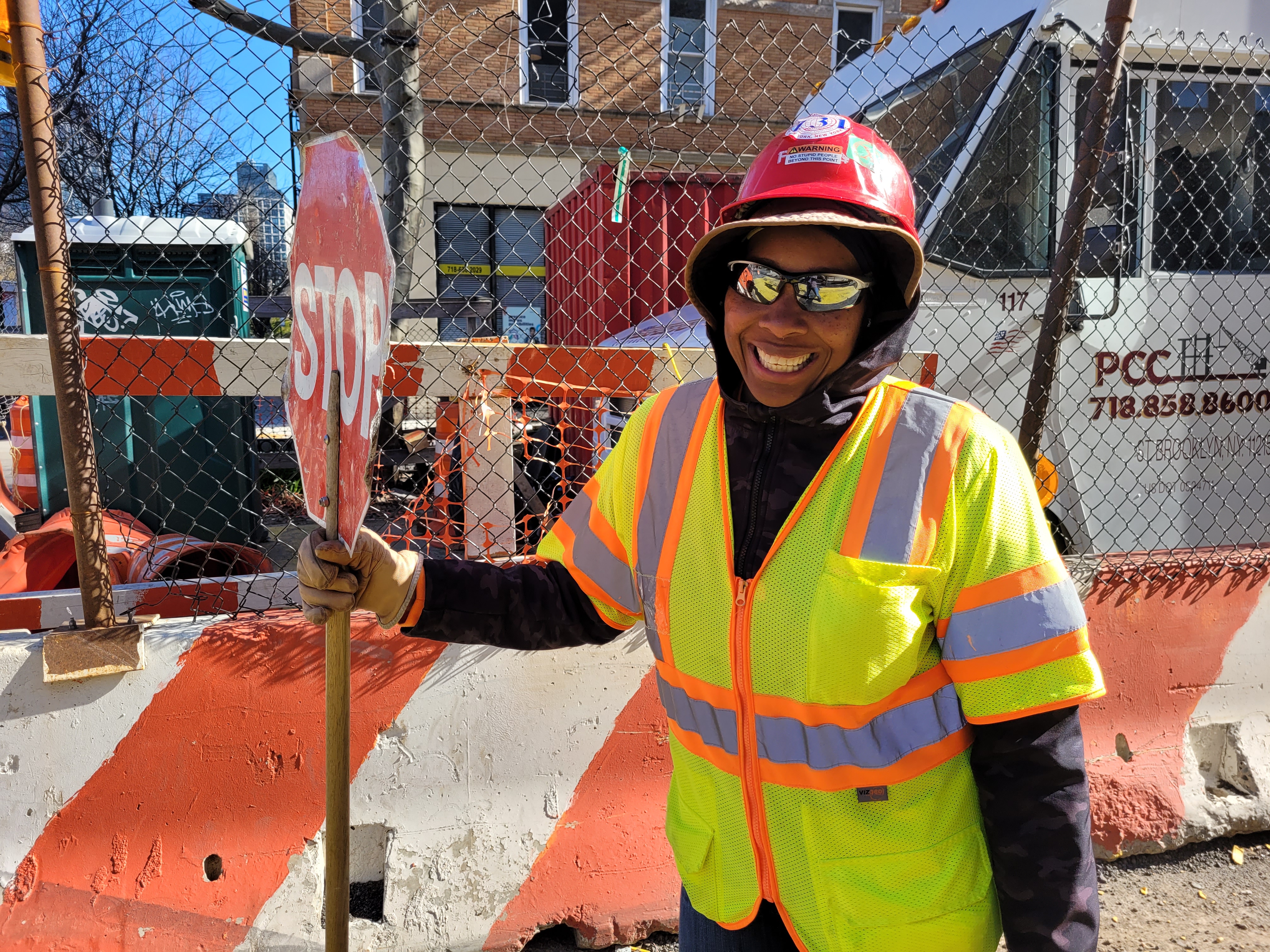
Please click here for the profile of Kihshah Armstrong.
Jen Abrams, Park Place resident
March, 2023
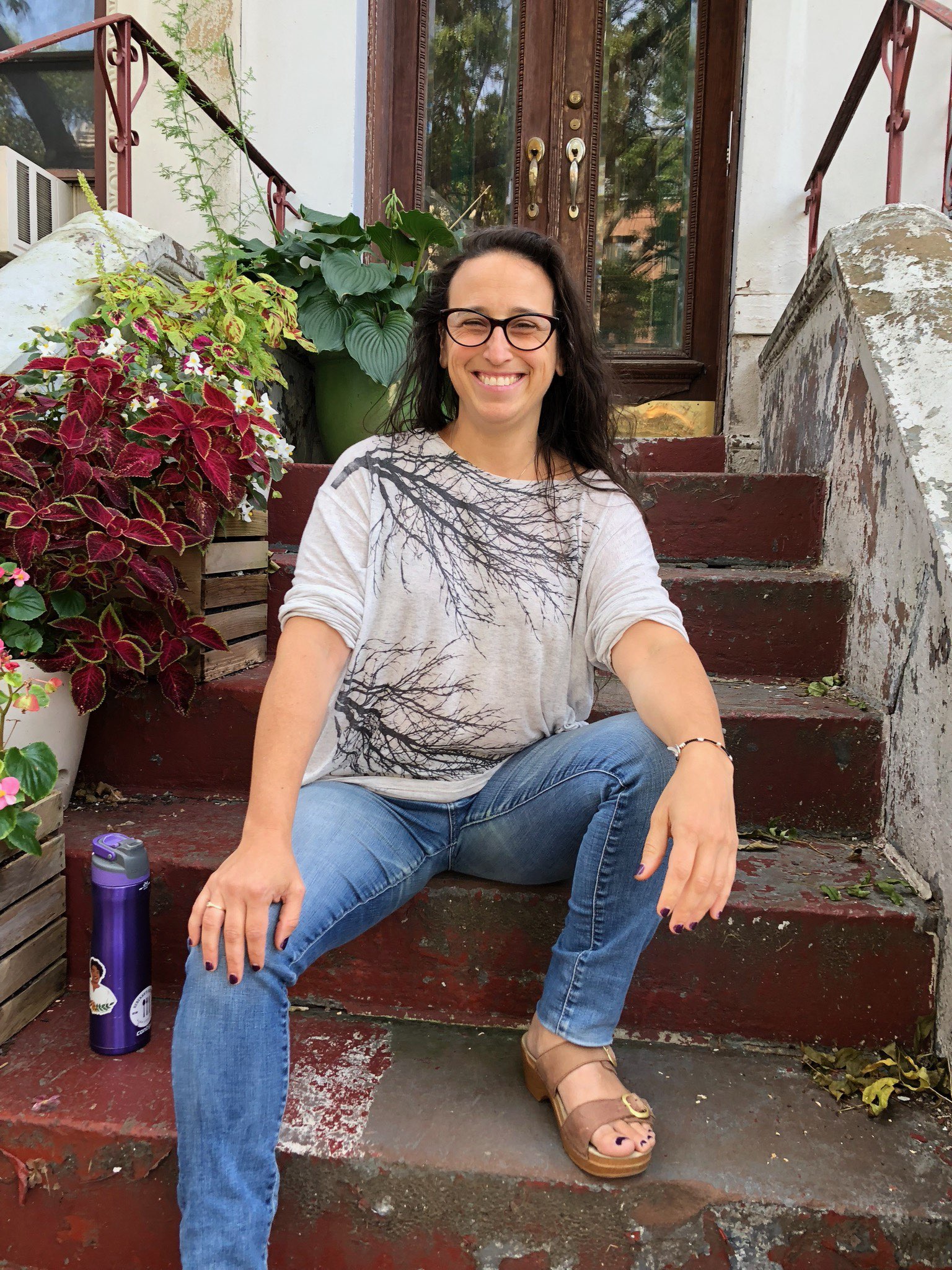
Please click here for the profile of Jen Abrams.
Jill Frasier, Park Place resident
February, 2023
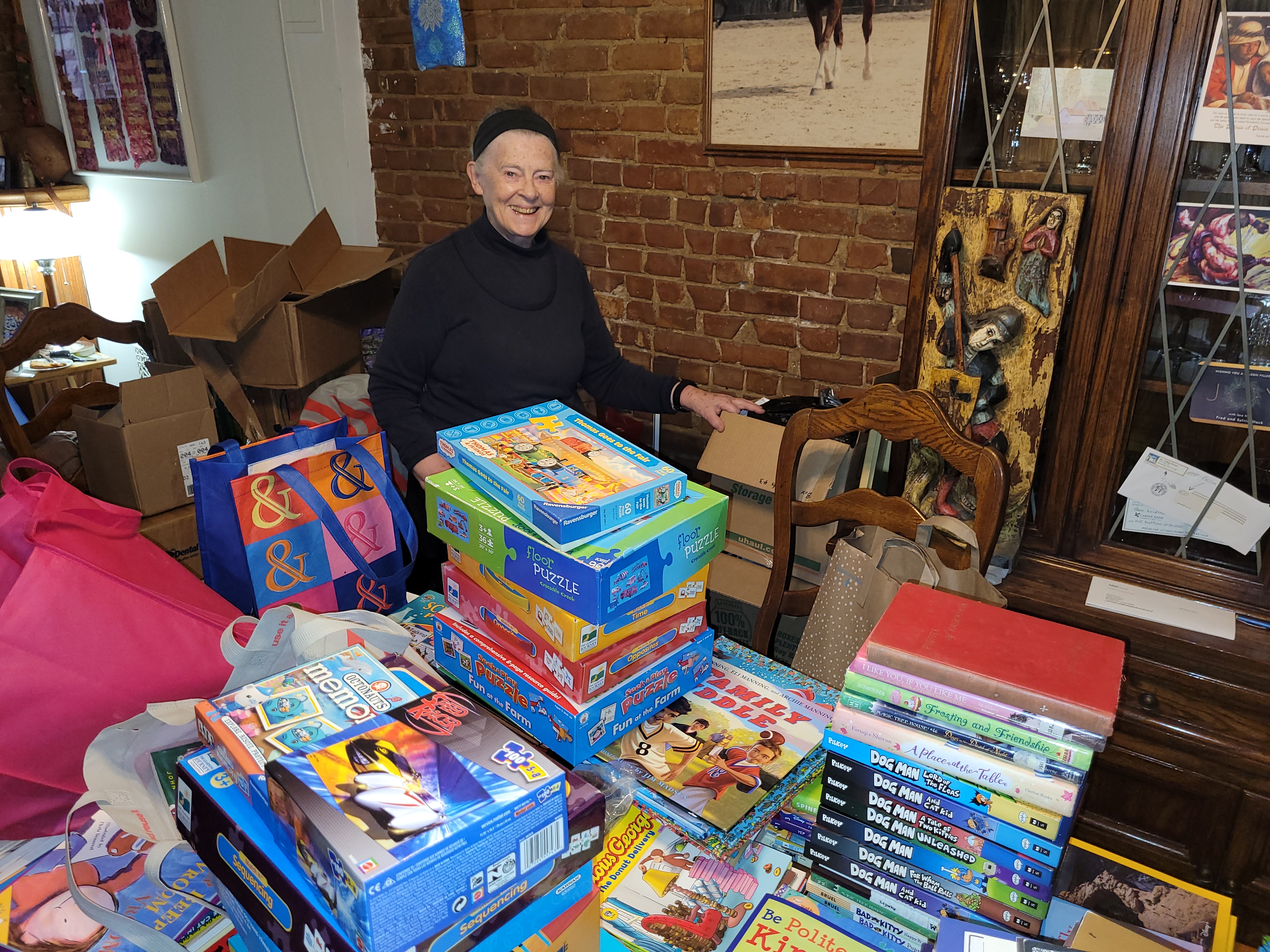
Please click here for the profile of Jill Frasier.
Michael-David Gordon, Park Place resident
November, 2022
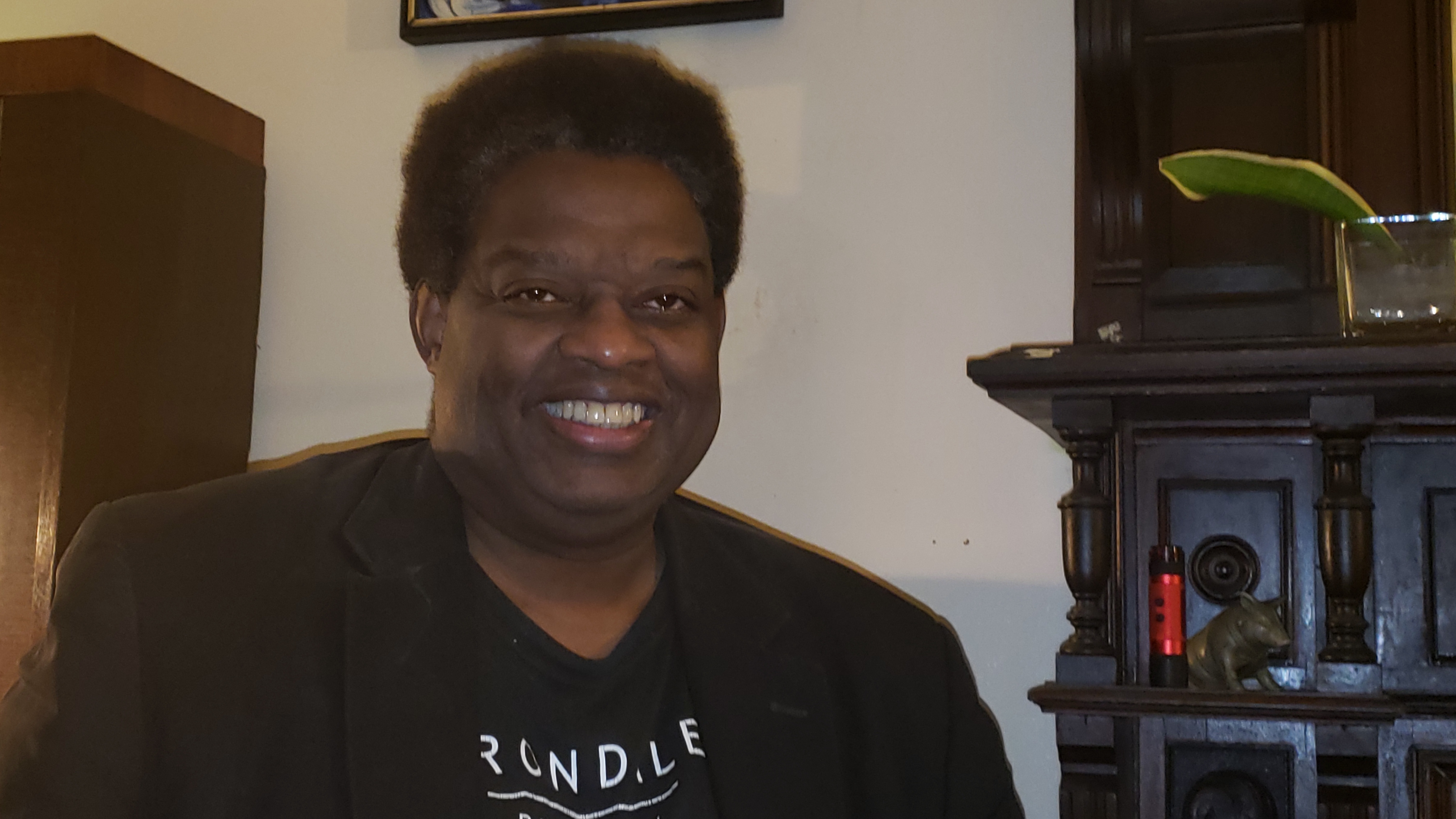
Please click here for the profile of Michael-David Gordon.
Peter Ketchum, Park Place resident
September, 2022
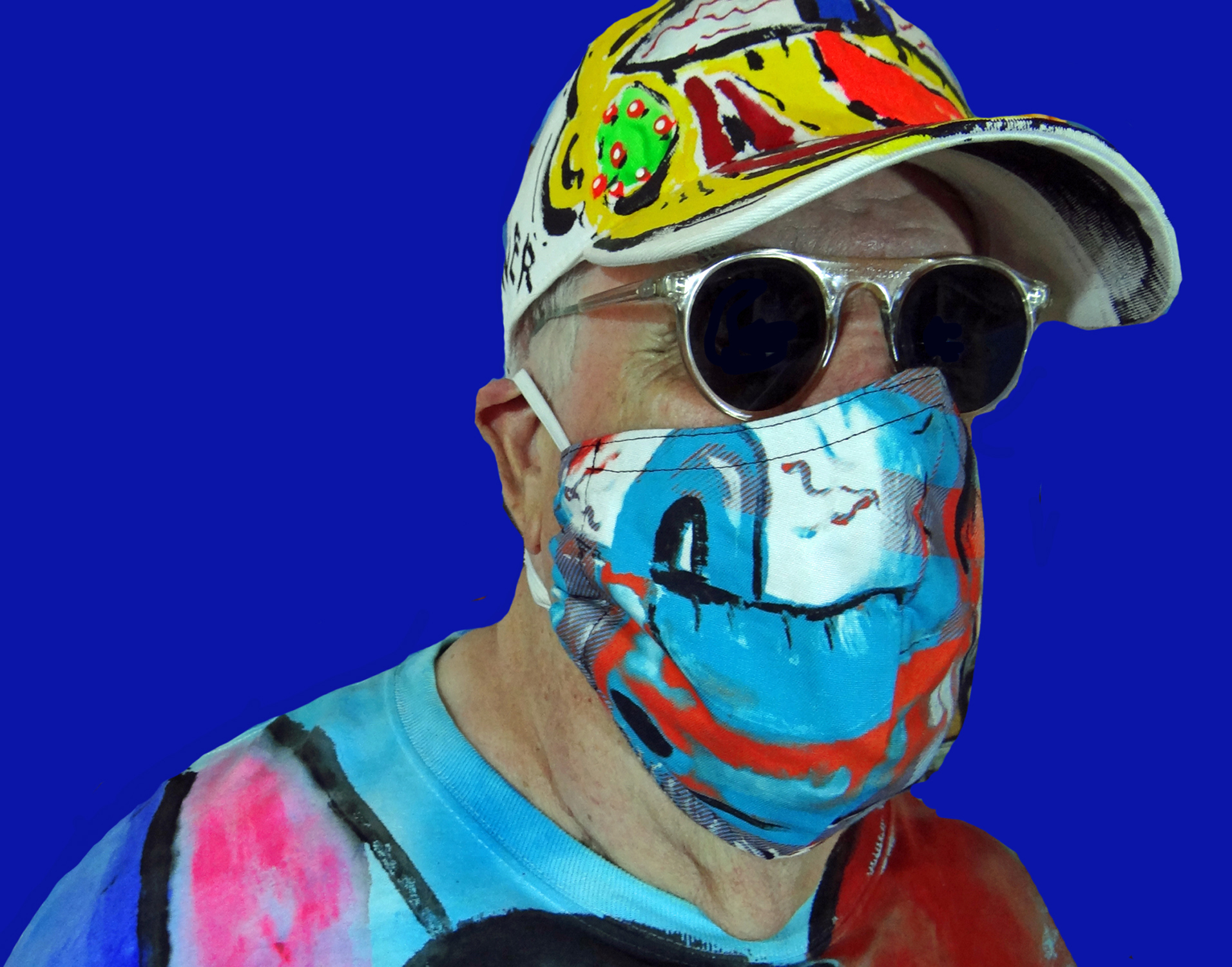
Please click here for the profile of Peter Ketchum.
Ethan Mulligan, Park Place resident
June, 2022
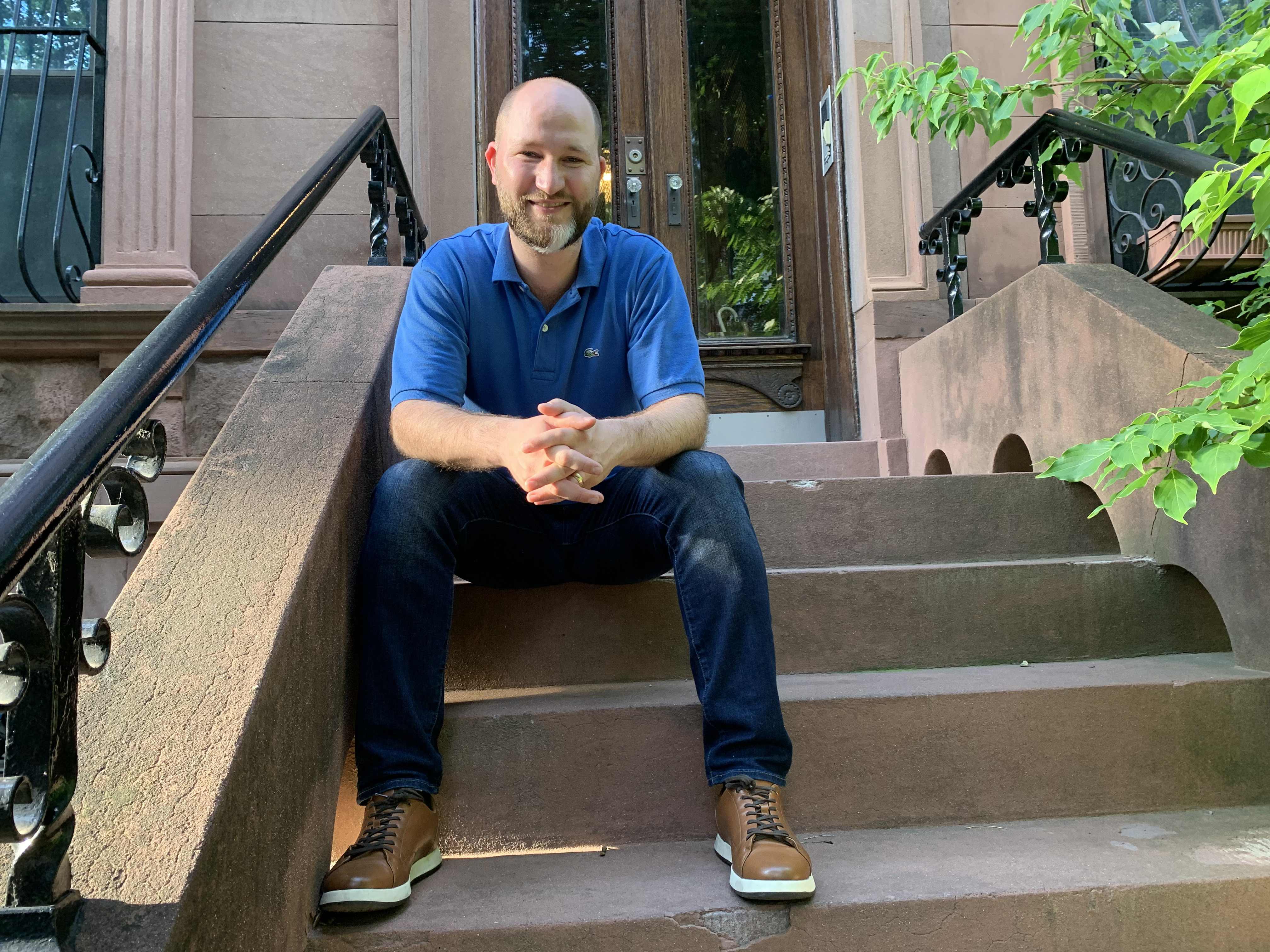
Please click here for the profile of Ethan Mulligan.
Joumana Jaber, Underhill Avenue resident
May, 2022
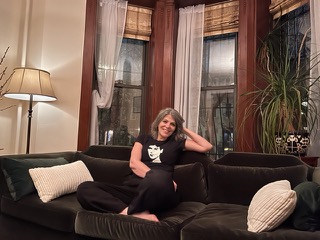
Please click here for the profile of Joumana Jaber.
Al Bass, Park Place resident
April, 2022
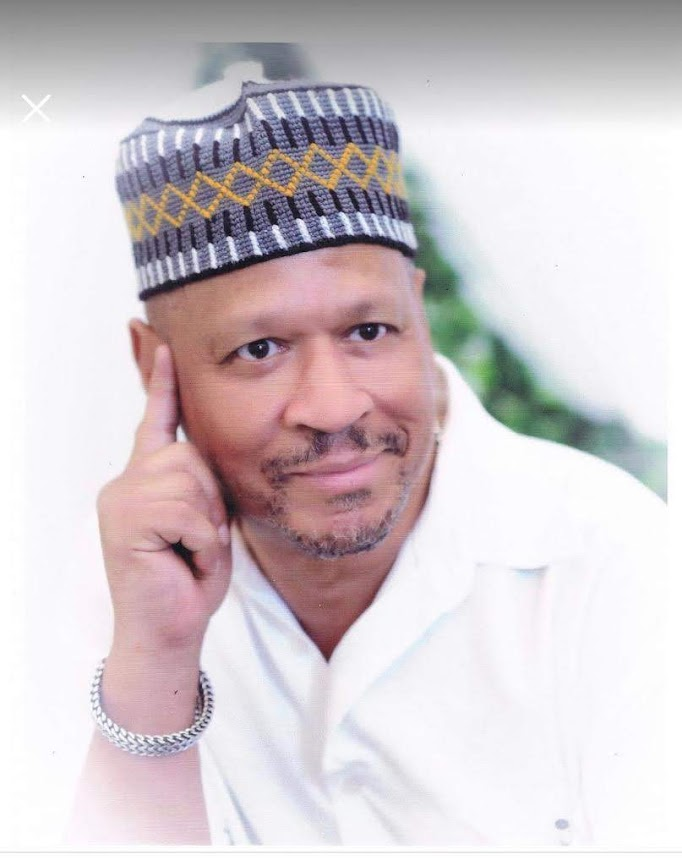
Please click here for the profile of Al Bass.
Chrissy Angliker, Park Place resident
February, 2022
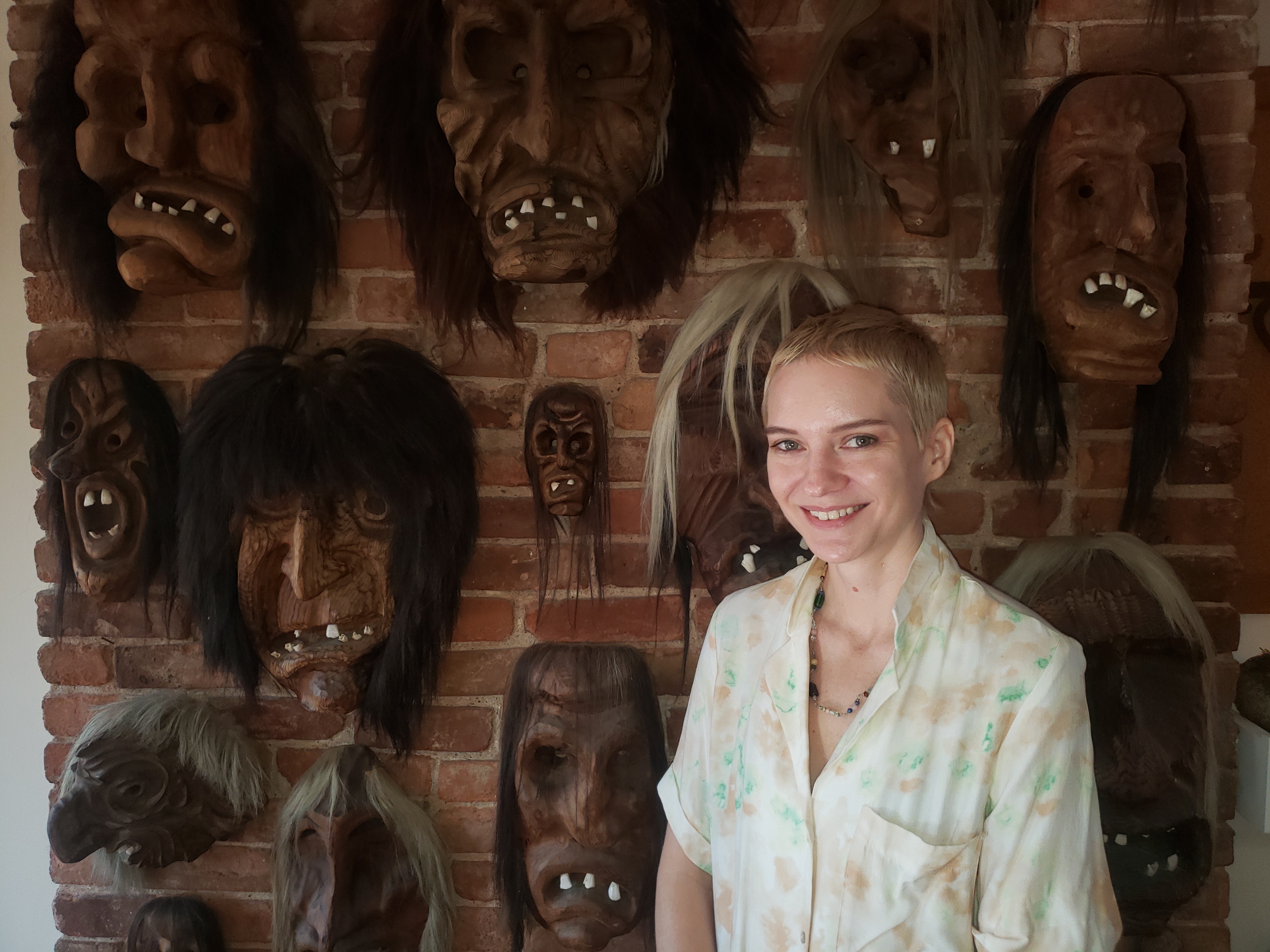
Please click here for the profile of Chrissy Angliker.
Rhoda Westerman, Park Place resident
January, 2022
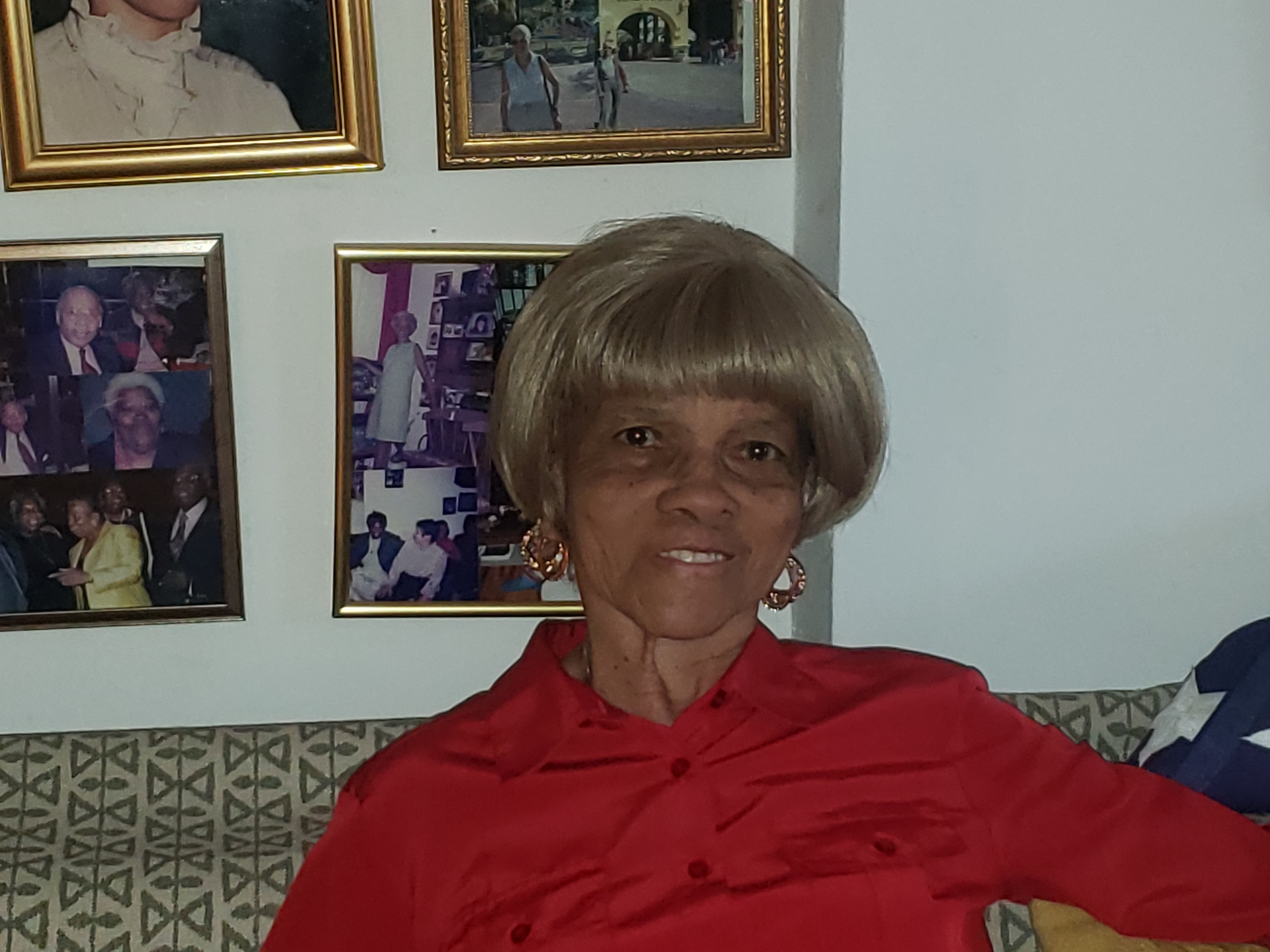
Please click here for the profile of Rhoda Westerman.
If you have a PPUABA neighbor you would like to nominate for our Neighbor Profiles series, please send your suggestion to ppuaba.webmaster@gmail.com.